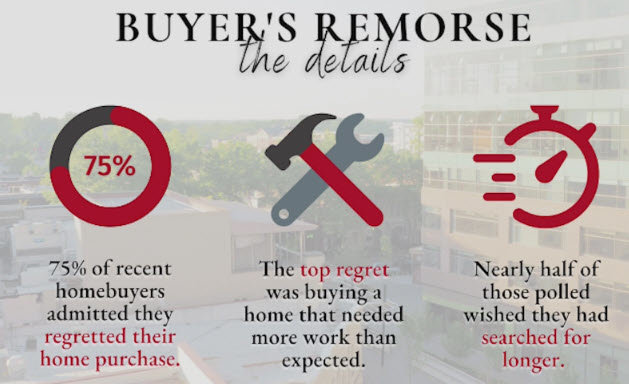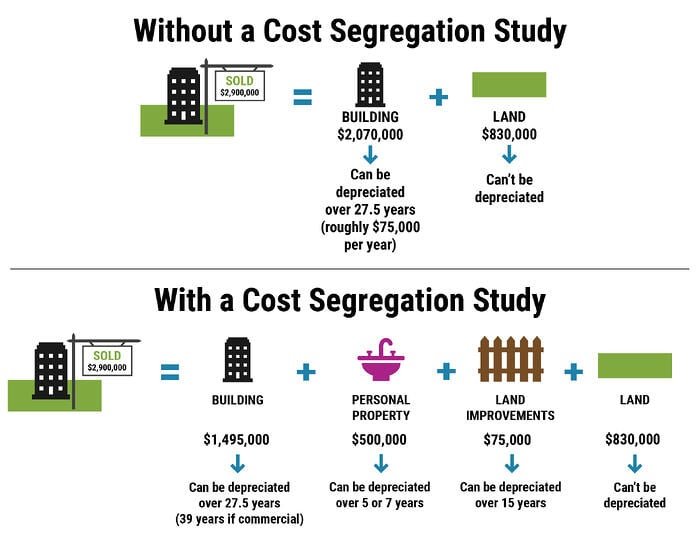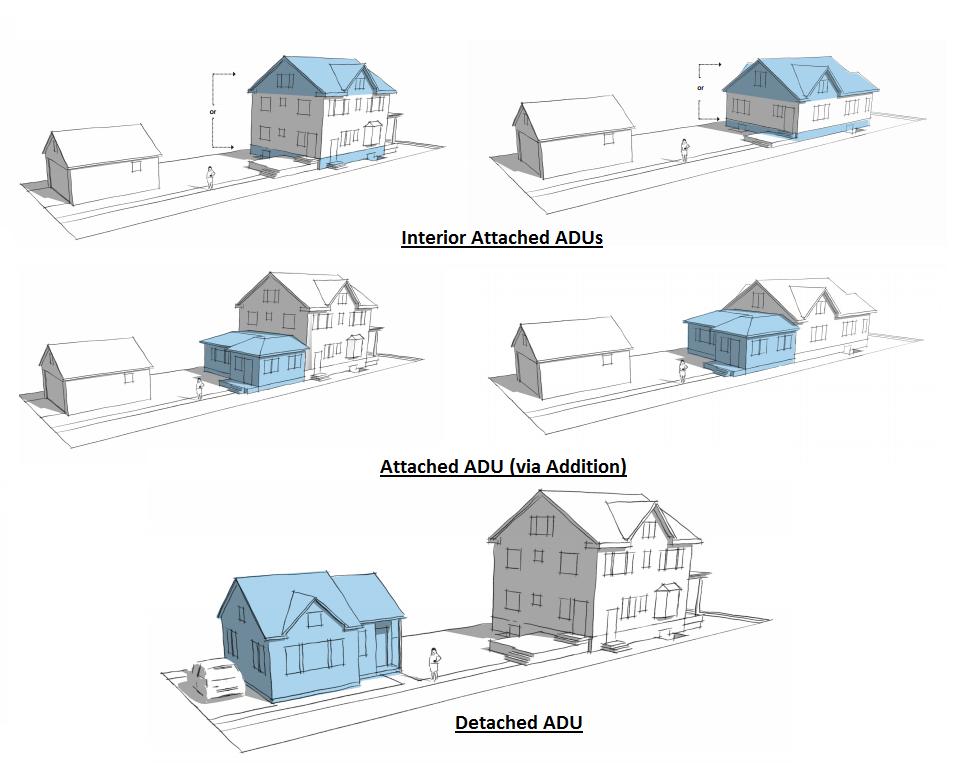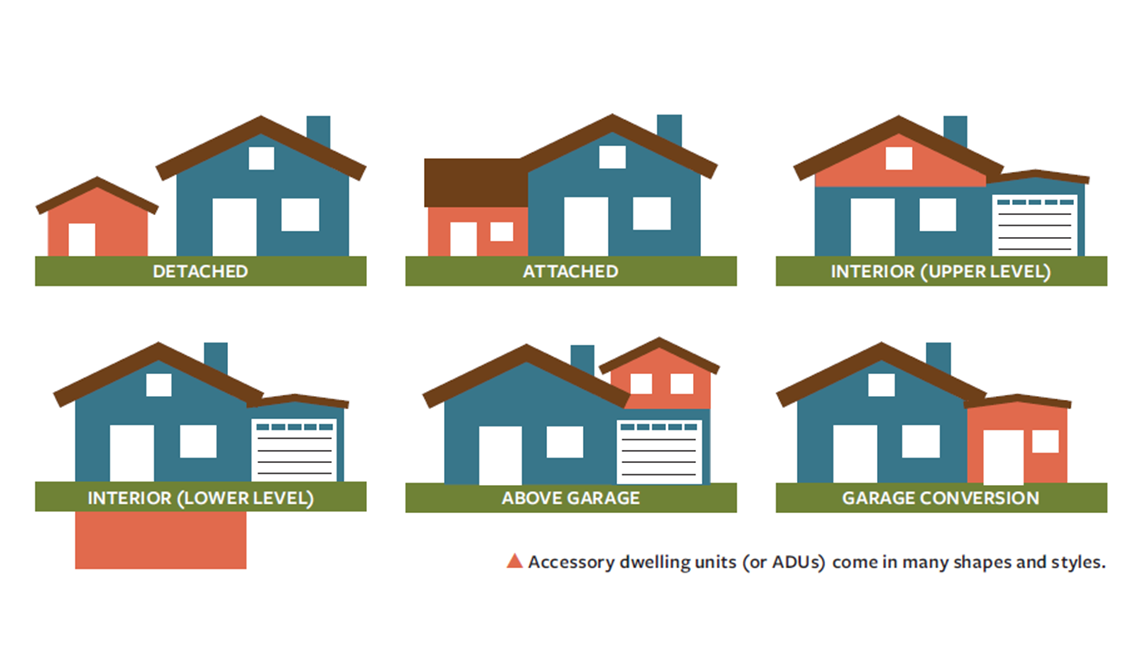It's NOT ALWAYS a good time to buy and sell real estate
Posted by Tim Bray on

In the world of real estate, there's a pervasive belief that it's always a good time to buy and sell property. However, the truth is that's not always the case. In fact, sometimes, it's in a client's best interest to hold off on buying or selling real estate altogether.
Now, I know this might sound counterintuitive coming from a real estate professional, but hear me out. As someone who's been in the industry for years, I've seen firsthand the consequences of clients making hasty decisions based solely on the belief that they need to be in the market.
The reality is that the market is constantly changing, and sometimes it's not in a client's favor. While there may be an overall trend toward buying or selling, it's important to take a closer…
220 Views, 0 Comments









